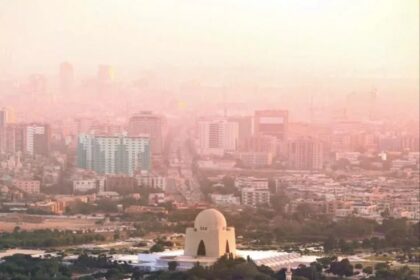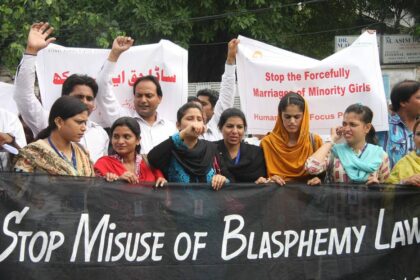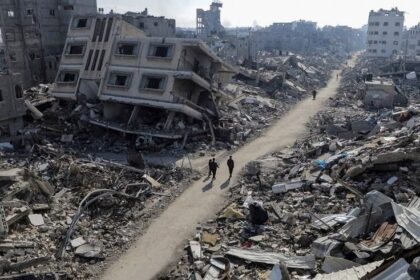“Taliban”—a word that topped global search trends in 2021—and for good [in context] reason. When the group rolled into Kabul that August, it marked more than just the end of a 20-year war; it sent shockwaves far beyond Afghanistan’s rugged mountains. The takeover upset the fragile equilibrium of the entire area, like a stone thrown into a quiet pond.
No surprise that those waves shook Afghanistan’s brotherly nation, Pakistan, more than anyone.
Pakistan had to balance survival and strategy with the Taliban for years. Islamabad’s hope was simple: friendly relations would help stabilise the western borders, and cross-border militancy would decline with the Taliban in power. However, the result was more similar to playing with fire and wishing for warmth without the burn. Pakistan has experienced an outbreak of violence, a refugee crisis, and a diplomatic bind that is becoming more difficult by the hour; instead of peace and harmony, everyone had their hopes high for.
The Durand Line, a colonial-era border that Pakistan maintains as its legal border but that the Taliban and other Afghan governments have refused to acknowledge, is at the heart of this ongoing dispute. Pakistan’s massive and controversial project of protecting this line has led to resentment and skirmishes, especially among the Pashtun communities across both borders. It is more than simply a border; it is an emotional fault line, a scar from an earlier era that neither side can agree on how to heal. Stubborn or just impossible?
The Tehrik-i-Taliban Pakistan (TTP), a militant organisation that was previously restricted, has finally roared back. The TTP has intensified its attacks within Pakistan by using Afghan territory as its headquarters. This has caught Pakistan in an ugly irony: the very government it covertly backed is now hosting its most deadly threat. It feels like an old friend has been welcomed, only to find that your own home was robbed from the inside out.
The human cost is just as high. Pakistan has taken in more than 1.7 million Afghan refugees, some of whom have been there for decades and others who have arrived recently. Mass deportations and violent local conflicts have resulted from economic strain and increasing frustration, transforming a humanitarian crisis into a political one.
The emergence of Islamic State–Khorasan Province (IS-KP), a shadowy, unpredictable danger, further complicates the situation. Like fire feeding fire in a forest that is already dry and brittle, their attacks on Taliban and Pakistani targets serve as a sobering warning that instability produces greater instability.
Then there is the economic perspective. The China-Pakistan Economic Corridor (CPEC) is receiving billions of dollars from China’s Belt and Road Initiative, and Islamabad is anxious to prevent militants from sabotaging these investments. However, every assault on Chinese engineers or infrastructure in Balochistan sends a terrifying message: a security nightmare cannot support economic ambitions.
Pakistan is located directly over the fault line, and the fall of Afghanistan was a seismic event rather than a planned collapse. Pakistan, which is now both a victim and a stakeholder, is caught up in a storm that it helped create. It needs to reconsider its approach if it wishes to avoid this type of instability. This requires shifting from border fencing to bridge building, from opportunistic politics to genuine diplomatic efforts.
Because whenever a single home burns in that part of the world, the smoke spreads beyond the boundaries of the property.
















